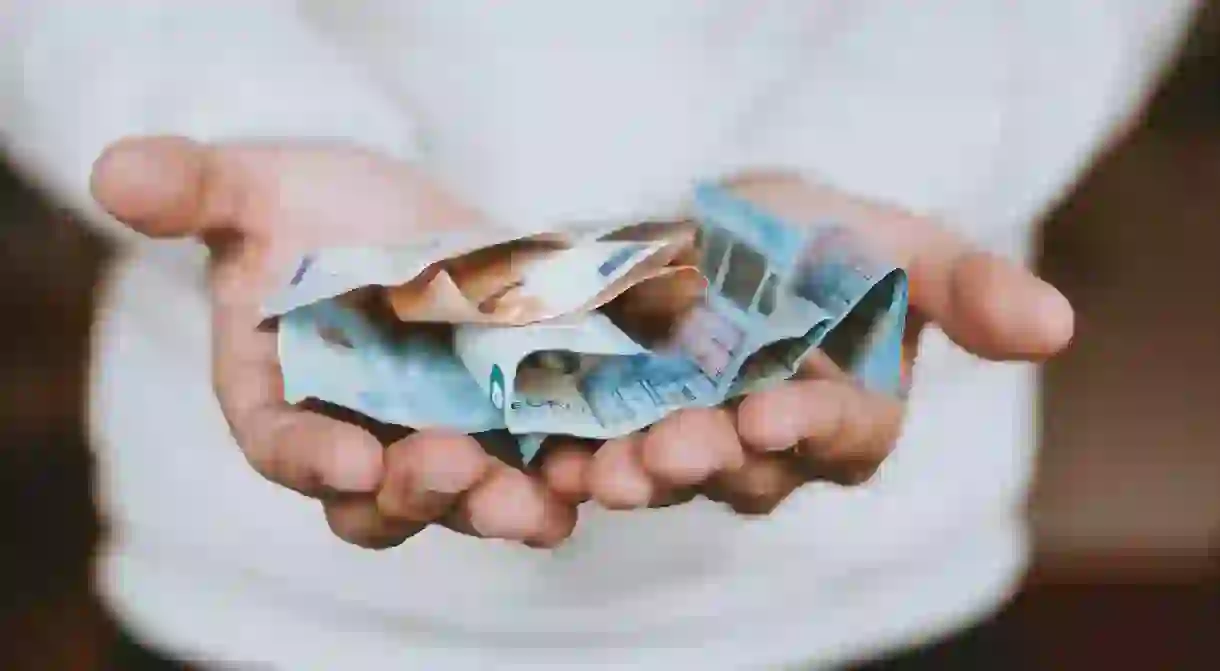Things You Should Know to Survive Your First Year in Norway

Welcome to Norway! You have an exciting year ahead of you, full of fjords, the Northern Lights and the Midnight Sun. But to make it through alright, there are certain practical and social issues you need to be aware of. Consider this list your official cheat-sheet.
Everything is expensive, get over it
The cost of living in Norway is one of the highest in the world – especially in Oslo. Everything from the price of bread to the price of a small apartment will make your eyes roll and give you serious vertigo the first few months. But, assuming you have a job at a Norwegian company and you’re getting a normal salary, after a while paying €3,5 euros for bread and €1,500 for rent will be your new normal. On the plus side, you can now travel anywhere in the world and marvel at how ‘cheap’ everything is.
Step away from that taxi asap
Speaking of things that are expensive, taxis are really near the top of that list. Taxi prices in Norway are not regulated, so each taxi company can set its own tariffs – which can translate to you paying around €15-€20 euros for a 5-minute ride. Thankfully there are apps like Mivai that help you get quotes from all the nearby taxis and book the cheapest. Still, the public transportation system in Norway is so thorough and efficient, taxis are really something you should only be considering as an emergency solution.

If you’re at a zebra crossing, just cross over
Here’s the thing: by law, drivers have to slow down and let you pass when you’re at a zebra crossing. Even bus drivers. If they don’t, and a traffic camera catches them, they’re in for a big fine if not worse. So if you stop at a zebra crossing and just wait for the coming cars to pass in order to cross, you’re actually creating more traffic because they’re also waiting for you.

Getting into shape will make things easier
Norwegians are some of the fittest people on the planet. But it’s not all about hitting the gym and staying there for hours: the particular brand of Norwegian fitness mostly involves being outside and moving amid nature as much as possible. Sure, you won’t be invited to hike a mountain every day (perhaps once a week though), but even the small details of daily life, from apartments not having elevators to the fact that ‘food delivery’ is a foreign concept in most Norwegian cities, will make you realize you need to stop being a couch potato and get out and walk more.

…so will learning to walk like a penguin
Yes, you should walk more. But with the streets covered in snow (or worse, melting ice) half of the year, you need to master what Norwegian’s affectionately call the ‘penguin walk’. Basically don’t put your body’s weight directly on your heels when walking, because you will slip and fall. Try to spread your feet (so that your heels are close to each other but your toes are far away) and walk maintaining that gait, as if you were ice-skating. Sounds complicated, but after a week and a couple of falls, your body will just take over.
If it’s plastic, it goes in the blue bag
Recycling in Norway can seem like a complicated process at first, but it’s so deeply ingrained into the Norwegian way of living that you’ll have to master it fast (this article will help). Soon, ‘plastic in the blue, compost in the green, everything else in white’ will be your mantra. And you’ll be helping the environment as well, so it’s a win-win.

The card is mightier than the cash
Norwegians never really liked cash, both for environmental (all this printed paper that can’t be recycled) and safety reasons. The vast majority of businesses accept cards or mobile payments – some of them don’t even accept cash at all. Especially now that Apple Pay became available in Norway, cash is quickly becoming a thing of the past.

Alcohol is (mainly) for the weekend
Perhaps you know by now that you can only buy alcohol at state-regulated places called vinmonopolet, that have strange opening hours and are closed on Sundays. But what you’re slowly learning is that everyone expects you to drink, and even drink a lot, on Friday and Saturday night – but stay more or less sober during the rest of the week. Although this culture is quickly changing in big cities like Oslo, with cocktail bars bringing people together even on a Monday, it is still more or less the norm.

Vitamin D in the winter, sleeping mask in the summer
The climate and light conditions in Norway can feel extreme during your first year. Your body will be seriously missing the sunlight from October until March, and this may affect your mood and health without you noticing, so it is recommended that you take a Vitamin D supplement in the winter to replace those sun rays. In the summer, you’ll have the opposite problem. If the non-stop sunlight is messing with your sleep and your house doesn’t have blinds on the windows, then a sleeping mask will go a long way towards securing your zzz.













